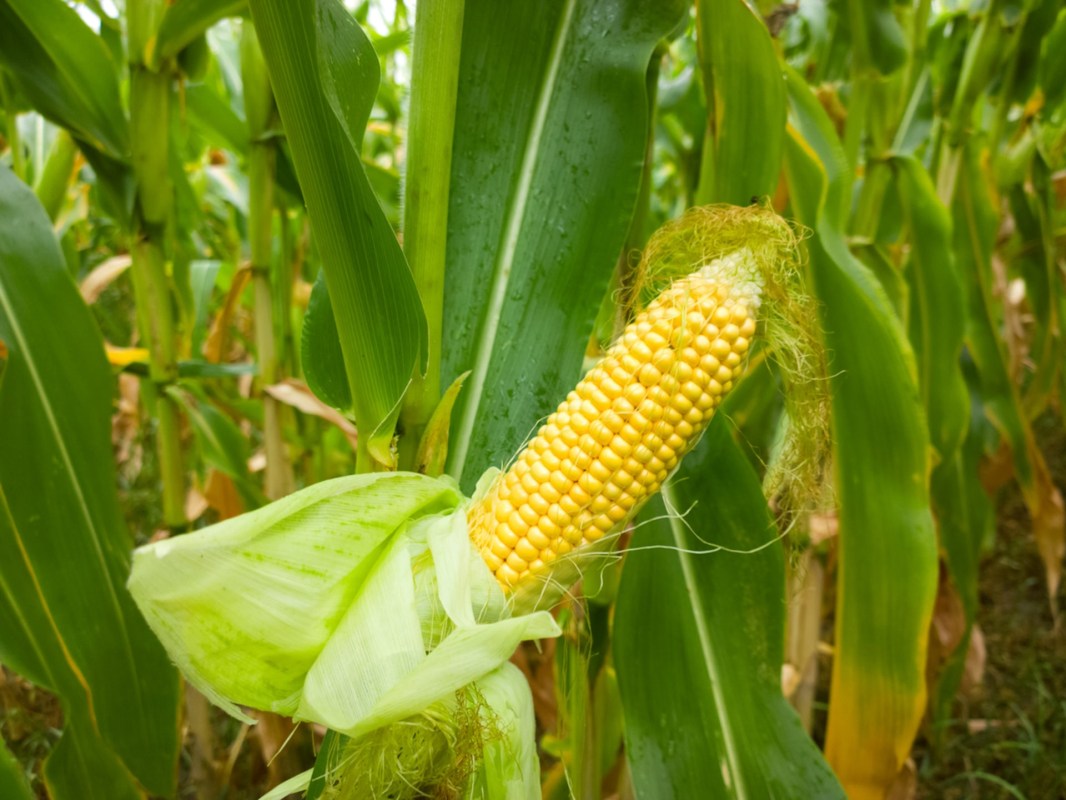Midway through 2023, the United States Department of Agriculture said Bayer could grow genetically modified short corn for commercial consumption.
It marked another victory for crops engineered to withstand extreme conditions. Resilient crops have become increasingly common as human-produced heat-trapping gases envelop the planet like a blanket and cause global temperatures to rise.
"Short-stature corn is among the latest crop varieties developed to withstand increasingly volatile weather associated with climate change, joining a growing list that includes drought- and heat-tolerant corn, soybeans, and wheat," Reuters reported.
The outlet noted corn is America's largest crop by acreage planted and net value. With rice and wheat, it makes up 60% of the world's food energy intake, according to National Geographic.
The Environmental Protection Agency and importing nations still need to approve the short corn, but the USDA stated it is not subject to regulation and can be grown safely because it is "unlikely to pose an increased plant pest risk compared to other cultivated corn plants."
The catch: It won't be available until at least the middle of the decade. Bayer, a German health care and agriculture conglomerate, has estimated sales of short corn in North America could reach $1.1 billion, per Reuters.
Short corn can stand up to windstorms, produce higher yields via denser planting, and allow farmers to tend the crop longer into the summer, according to Science. It's in the same vein as salt-resistant rice, heat-resistant apples, and low-chill cherries — all manufactured to thrive in warming temperatures or related conditions such as seawater intrusion.
Bayer is already growing a non-GMO short corn and plans to increase what was a 30,000-acre trial in 2023 to 60,000 acres in 2024. It is developing a third type of short-stature corn, which is gene-edited.
Short corn is 30-40% shorter than traditional corn, but its leaves are similar in size and number, Bayer states. The company says it is producing these alternatives to help feed a human population expected to reach 10 billion by 2050.
Join our free newsletter for weekly updates on the coolest innovations improving our lives and saving our planet.









